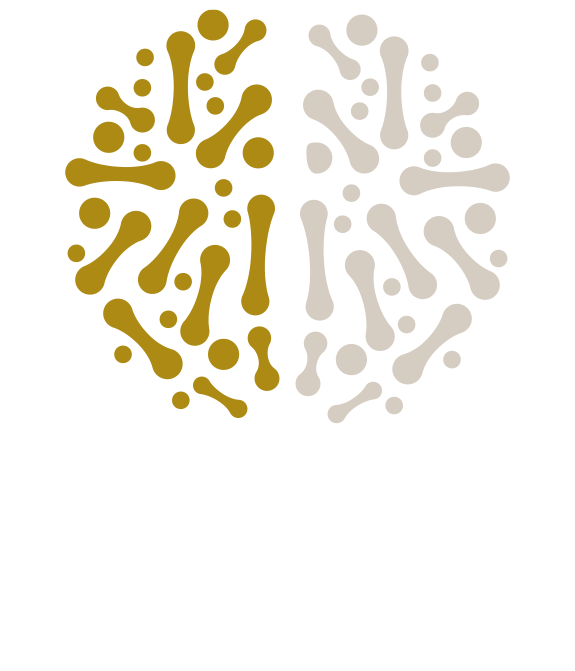Understanding Functional Neurological Disorders and the Role of Somatic Therapy
Functional Neurological Disorders (FNDs) present a complex challenge in the healthcare landscape, often leaving patients searching for answers. While the symptoms of FNDs mimic those of neurological diseases, they cannot be attributed solely to organic or structural damage. This can make diagnosis difficult, often leading to frustration and confusion for patients. Symptoms vary widely and can include motor dysfunctions, such as tremors, seizures, or paralysis, as well as sensory disruptions like numbness or loss of sensation. These symptoms often interfere with daily activities, impacting a person’s quality of life.
Why Traditional Treatments May Not Be Enough
Given the ambiguous nature of FNDs, traditional treatments that focus solely on medication or physical rehabilitation may not always offer sufficient relief. While these approaches are essential, they often overlook the psychological and emotional factors contributing to the disorder. For many patients, the symptoms of FNDs are deeply intertwined with psychological stressors, which require a more integrated treatment approach to achieve meaningful improvement.

How Somatic Therapy Helps
This is where somatic therapy emerges as a promising intervention. Somatic therapy focuses on the mind-body connection, emphasizing how physical sensations and emotional experiences are interlinked. Techniques like somatic experiencing or body-oriented psychotherapy help individuals become more aware of their bodily sensations, fostering a deeper understanding of how psychological stress might manifest physically. Patients learn to identify and manage their physical responses to stress, which is particularly valuable for FND sufferers.
In somatic therapy sessions, patients are guided through exercises that increase body awareness, such as breathing techniques, mindful movement, and guided visualization. These exercises aim to create a sense of safety and control within the body, helping to reduce the intensity of FND symptoms. By addressing the physical manifestations of their condition alongside the emotional aspects, patients can develop healthier coping strategies.
A Holistic Approach to FND Management
Somatic therapy offers a comprehensive strategy for managing FNDs, complementing other treatments like physical therapy, cognitive-behavioral therapy (CBT), or medication. This holistic approach not only aims to reduce symptoms but also supports long-term functional improvement by equipping patients with tools to better understand and manage their condition. For individuals living with FNDs, this can translate into improved daily functioning, increased resilience, and a higher quality of life.
Final Thoughts
Functional Neurological Disorders require nuanced, patient-centered treatment approaches. By integrating somatic therapy into the care plan, healthcare providers can offer a more holistic pathway to recovery, focusing not just on symptom reduction but also on fostering overall well-being. For those living with FNDs, exploring somatic therapy could be a key step toward reclaiming control over their health and lives.
Schedule your free consultation today.
Taking the first steps to start therapy can be intimidating, let one of our skillful and compassionate therapists help you through the process. Today is the best day to start feeling better!

